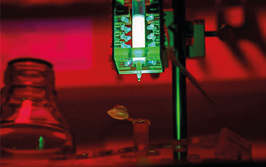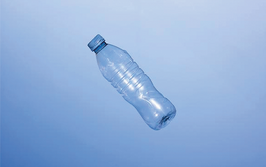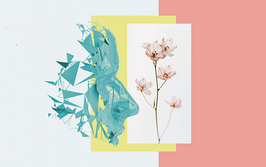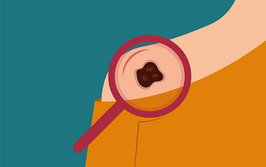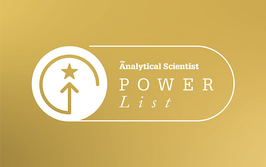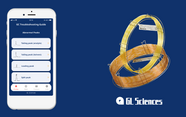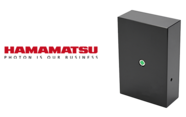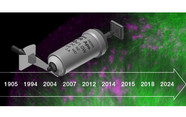Teaching Rights and Wrongs
Ethics in science reflects the ethos of scientists. How important is the role of professors in academia when it comes to the behavior of scientists in the real world?
Ethics in research should be sine qua non (a prerequisite) – and the same should apply to all aspects of life. It’s common sense, right?
Children learn to distinguish between ‘good’ and ‘bad’, between ‘right’ and ‘wrong’ early on. Older family members typically instill moral values in children and, when that is not enough, behavior (or character) can be further amended by teachers (to some degree). As people ‘grow up’ they continue to develop – a process that can be influenced by numerous external factors. And as scientists mature, they pass through various stages that inevitably affect their professional attitude. Fortunately, if they are open minded, they can be inspired and guided by their mentors.
And here arises the first question. Do we academic professors spend sufficient time and effort when it comes to contributing to the creation of conscientious and responsible scientists? Undoubtedly, we provide our students with knowledge on core science, on applied science, on laws in science... But do we satisfactorily – or, more importantly, do we successfully – teach ethics in science?
According to Aristotle, “ethos” (the Greek word for character) covers issues of wisdom, virtue and good will. What is our role in the construction of the ethos of developing scientists in terms of ‘politically correct’ behavior in the scientific community? Are we responsible for their conduct beyond graduation and, if so, to what extent? Do we provide them the right standards to follow? In my view, we certainly have the power; unfortunately, power can be tough to handle, so we must constantly question if we are using it well – and in the right way.
In the earliest semesters, students learn that they must cooperate with each other – a skill that they will increasingly rely on and need to improve as they work towards common targets. In modern science, teamwork is very often required – but rivalry in the professional arena can be so cruel that scientific skills are not the only ones that are acknowledged...
Scholars immediately confront ‘research’ when they are asked to carry out undergraduate, postgraduate or PhD theses. From the beginning, they are taught that research is the tool to promote science. But they should also be taught that certain rules must be followed to promote research. Even earlier, young scientists may misbehave by cheating in exams. It may appear a mild misdemeanor to professors, but it is unfair to other students. It could also be the first step down a slippery slope of continued deviation from the rules. The result? Researchers who fabricate or falsify results, researchers who don’t publish results that don’t fit to the initial hypothesis, researchers who give no credit to other scientists or steal ideas and works, authors who commit plagiarism or don’t properly cite previous work, and so on...
What happens when bad behavior extends beyond “the world of publications”, but is ‘copy-pasted’ into the real world as well? What would happen if results are altered in the pharmaceutical industry to promote an insufficiently (or inappropriately) developed drug formulation? And what about the use of adulterants and clandestine additives in the food industry with no concern for the risk to consumer health? The addition of melamine to milk and infant formula to skew protein analysis – with the lethal consequences – is a well-known example. And it was a scientist’s idea.
Can we prevent similar situations in the future? Animal welfare, human rights, privacy, health and safety, environmental consequences, and so on, should always be respected – in every aspect of life. To that end, we must continually reinforce these values to ensure that ethics is an attitude to life and not a legal obligation.
Using the special words of Dionisios Solomos – a national poet of Greece – we should all be striving for “Omorfos kósmos, ithikós, angeliká plasménos.” – a beautiful world, ethical, created by angels.
Victoria Samanidou is based at the Laboratory of Analytical Chemistry, Department of Chemistry, Aristotle University of Thessaloniki, Thessaloniki, Greece.
